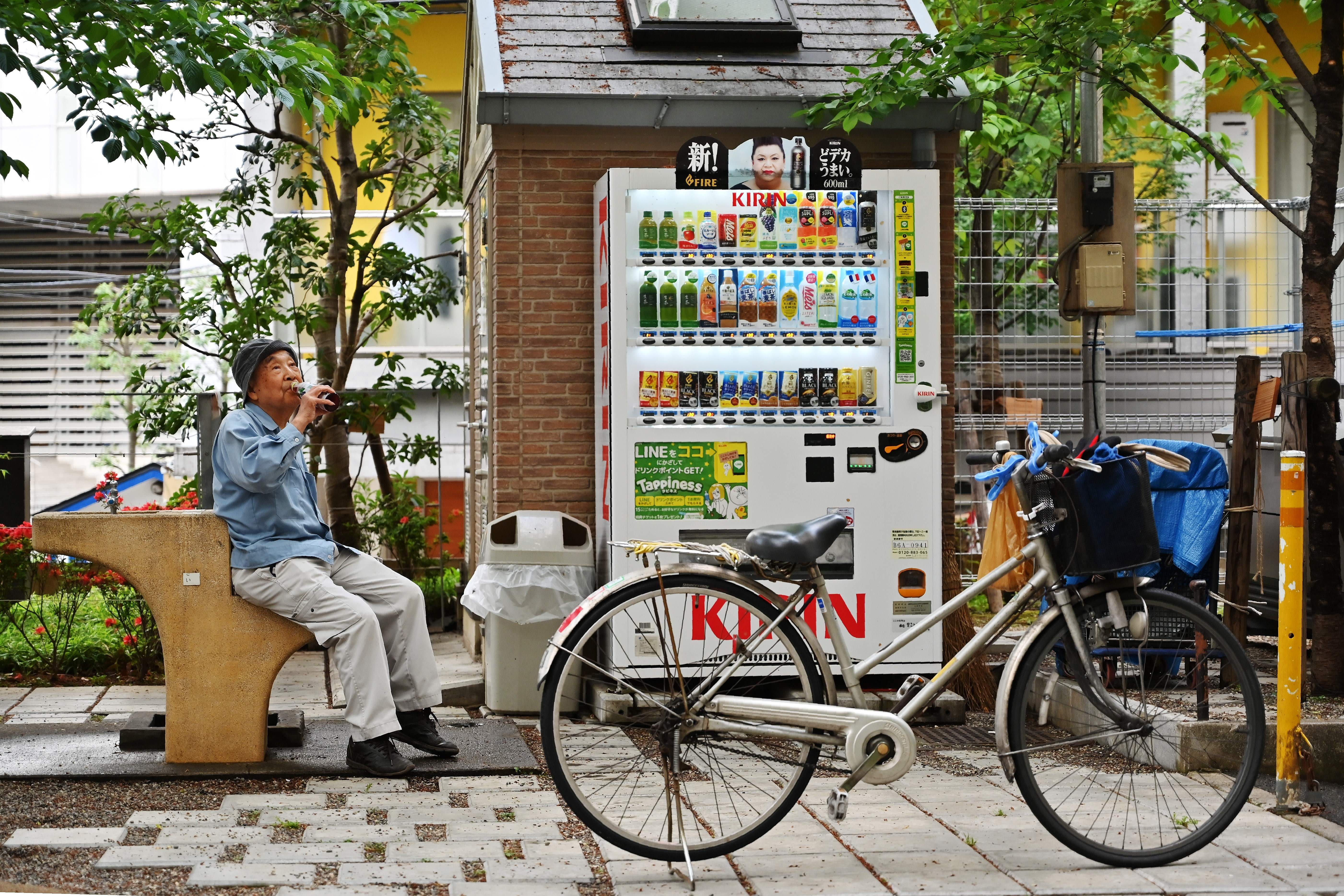None of us expect our jobs to actively harm us, but that is exactly what mine did to me. I am a practising doctor with a degree in neuroscience and I have over 20 years of medical training and clinical experience under my belt. However, despite this, even I didn’t recognise that I was sliding into burnout until I hit a mental health crisis.

I’m not the only one. According to a 2024 report, a whopping 91 per cent of adults in the UK have experienced high or extreme levels of pressure and stress at some point in the past year. So, if you are feeling increasingly stressed and overwhelmed from your work or caring commitments, I hear you. I’ve been there. I know what it feels like. And I’m here to help you do something about it. Here’s how to recognise the signs that all isn’t well.

The five stages of burnout include: the honeymoon phase, onset of stress, chronic stress, burnout and habitual burnout. The ‘honeymoon phase’ is characterised by enthusiasm for your work and is particularly relevant to new job roles or undertaking fresh work tasks and initiatives. At this stage, there are absolutely no signs of burnout. Instead, you are full of enthusiasm, commitment and joy from your work. You are very productive and take on every possible task and opportunity to perform your best. You feel creative, optimistic and full of energy. While this stage can feel wonderful, you might take on more than you should in order to prove yourself. The risk is that if you don’t prevent overworking and adopt strategies to wind down and rest regularly, you may progress to the next stage before you know it.























